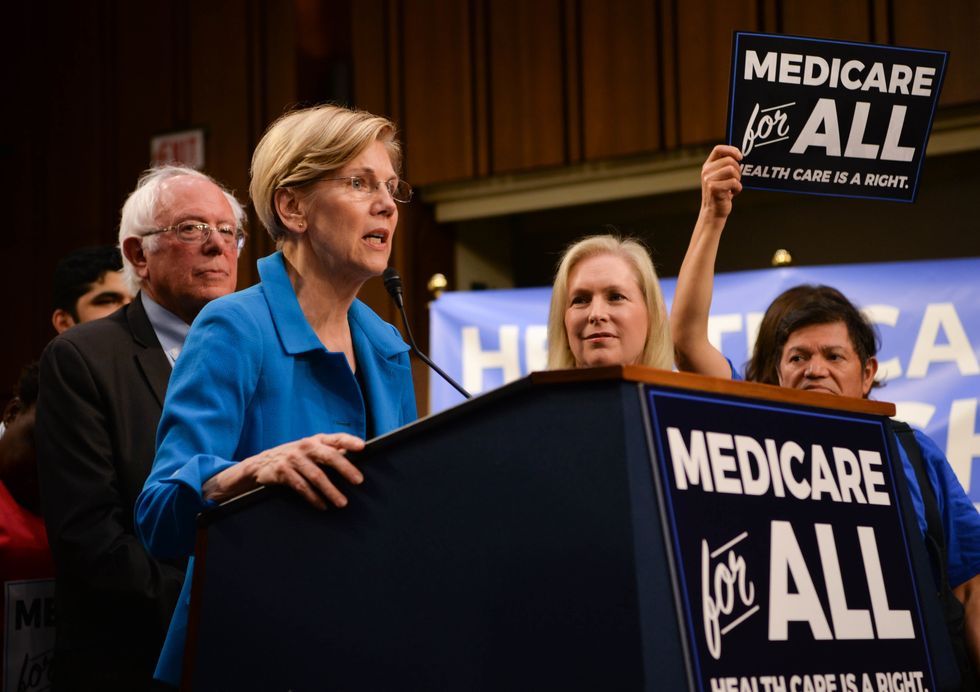With a sufficient amount of democratic hopefuls, one of the largest problems in the party is actually choosing one. In the 2016 election, Bernie Sanders and Hillary Clinton were two household names that circled about. However, even after it became statistically improbably for Sanders to win the Democratic primary, he did not back down. He continued to campaign, which led to divisions in the party and might have been the reason to why the Democrats lost the election. Obviously, we have to learn from the past with the upcoming 2020 election.
Parties do better when they stick together.
When there is a division within the party, the votes get divided ultimately giving the win to the competing party. In the 2016 election, Democrats were strongly divided to a point that they were willing to vote for the Republican candidate rather than the other Democratic candidate (which did happen). Some Sanders supporters were unwilling to vote for Clinton just because it was her. They ended up voting for Trump since he wasn't Hillary. We know how that all worked out.
Democrats have to stick together and not become a hindrance to each other.
Although the candidate you were rooting for didn't win the primaries, they still share more ideals than the opposing party does. Elections are becoming more candidate-centric than party-centric which is quite concerning. Candidates have personal interests in mind and could change them on a whim. Parties have an established party platform that does change but only changes every four years.
Democrats don't want to relive what happened in the 2016 elections again.
With the high number of candidates running for the Democratic ballot, the fear of 2016 occurring again is high. Many of the candidates are extremely qualified and have dedicated voters that might put the candidate before the party. Democrats have to be willing to swallow their pride if they want the executive branch to turn blue.

















